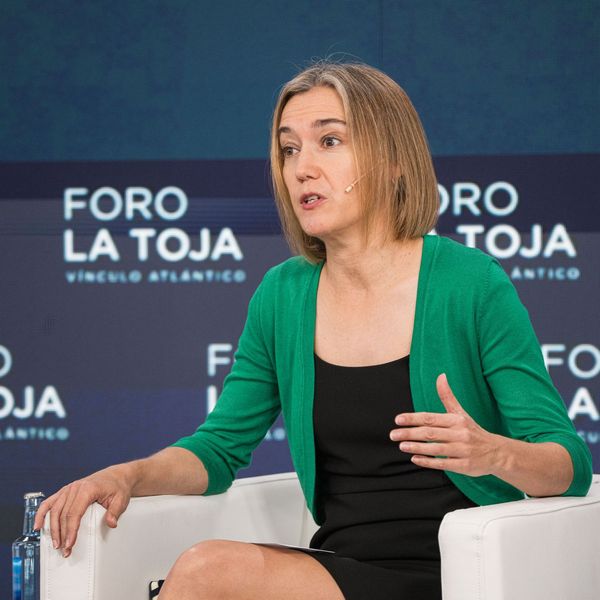U.S. President Barack Obama spoke with his Russian counterpart Vladimir Putin by phone Friday morning, but no consensus on how best to move forward over the crisis in Ukraine was reached and each country represented the call, not surprisingly, with sharply different narratives.
On Thursday, Obama signed off on a series of "soft" sanctions against Russia, but Putin is reportedly undeterred by the U.S. placement of some travel restrictions on officials.
"The U.S. has the right [to sanction], and we have the right to respond to it," said Vladimir Lukin, a Russian government official who has worked on the Ukrainian crisis, told Interfax, a Russian news agency. "But all that is, of course, not making me happy." Lukin was referring to previous Russian warnings that it would respond to economic sanctions by western countries, with counter-sanctions of its own.
While Obama repeated his objections to a move by Crimea to schedule a vote on whether it would remain part of Ukraine, Putin said that his country would defend the right of Crimeans to seek Russian protection as they continue to ask for it.
"Russia cannot ignore calls for help and it acts accordingly, in full compliance with international law," Putin said on his call with Obama. The Russian Federation Council on Friday also offered its official endorsement of the Crimea referendum.
According to statements from the White House, Mr. Obama urged Mr. Putin on the call to authorize direct talks with Ukraine's newly established government in Kiev, allow entry of international monitors and return his military forces to the bases that Russia maintains in Crimea.
Putin responded by saying that the government Kiev was ushered in by an "anti-constitutional coup" and he continues to view it as not "legitimate" it as it has no popular mandate across the country.
The New York Times explains the tensions surrounding the Crimea vote, currently set for March 16, by noting how both international powers are leveraging their outsized influence to make declarations about representing the will of the Ukrainian people:
With Washington and Moscow trading angry accusations of hypocrisy on the issue of respecting state sovereignty, validating Crimea's secession would carry pointed political risks for Mr. Putin, given longstanding demands for independence from Russia by its own similarly autonomous republics in the Caucasus, including Dagestan and Chechnya.
[...]
The West, which has insisted that the Ukrainian people are entitled to decide their future without interference from Russia, faces similar challenges as it seeks to explain why the people of Crimea should not necessarily decide their own fate.
Meanwhile, the Guardian reports that "Ukraine's border guard operation now believes Russia has 30,000 troops in the region, almost twice the estimate of 16,000 given by the Ukrainian government earlier this week."
Lastly, as events on the international and diplomatic level continued to unfold, voices on the street in Crimea reveal the worry by many that what will be forgotten as world powers like the U.S., Russia, and the EU squabble over their own interests and desires, the interests of Ukrainians--on all sides of the complex situation--will be forgotten. As the Moscow Times reports from a pro-Russian rally in the regional capitol of Simferopol:
Most of the people at the rally were middle aged or older with a minority of younger people.
"We vote for Russia, but there are diverse opinions among the young," said Liza, 17, and Anton, 22, who are not related but share the surname Kuznetsov.
"We do not want to see in Simferopol what has happened in Kiev," they said.
Overall, passions in Crimea are high. Expressions of feverish joy and gloomy despair provide thin cover for the only emotion that is shared by everyone here -- anxiety.
"Russians have their own interests, Americans theirs and nobody thinks of the people," said Geroy, spitting on the ground.
_________________________________


